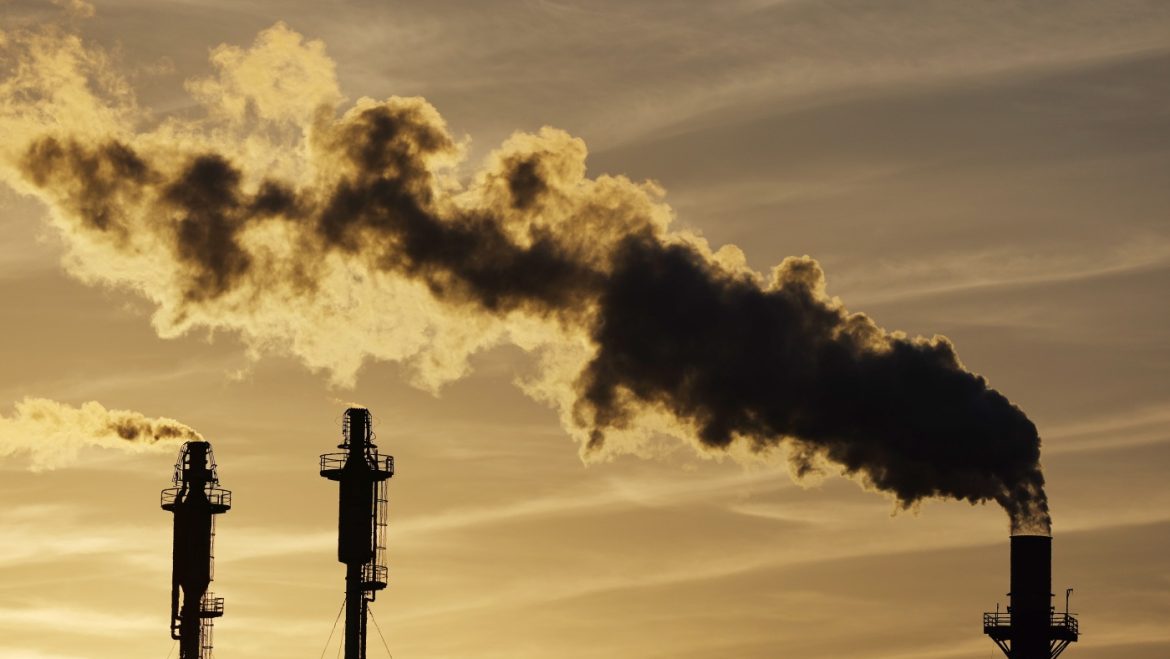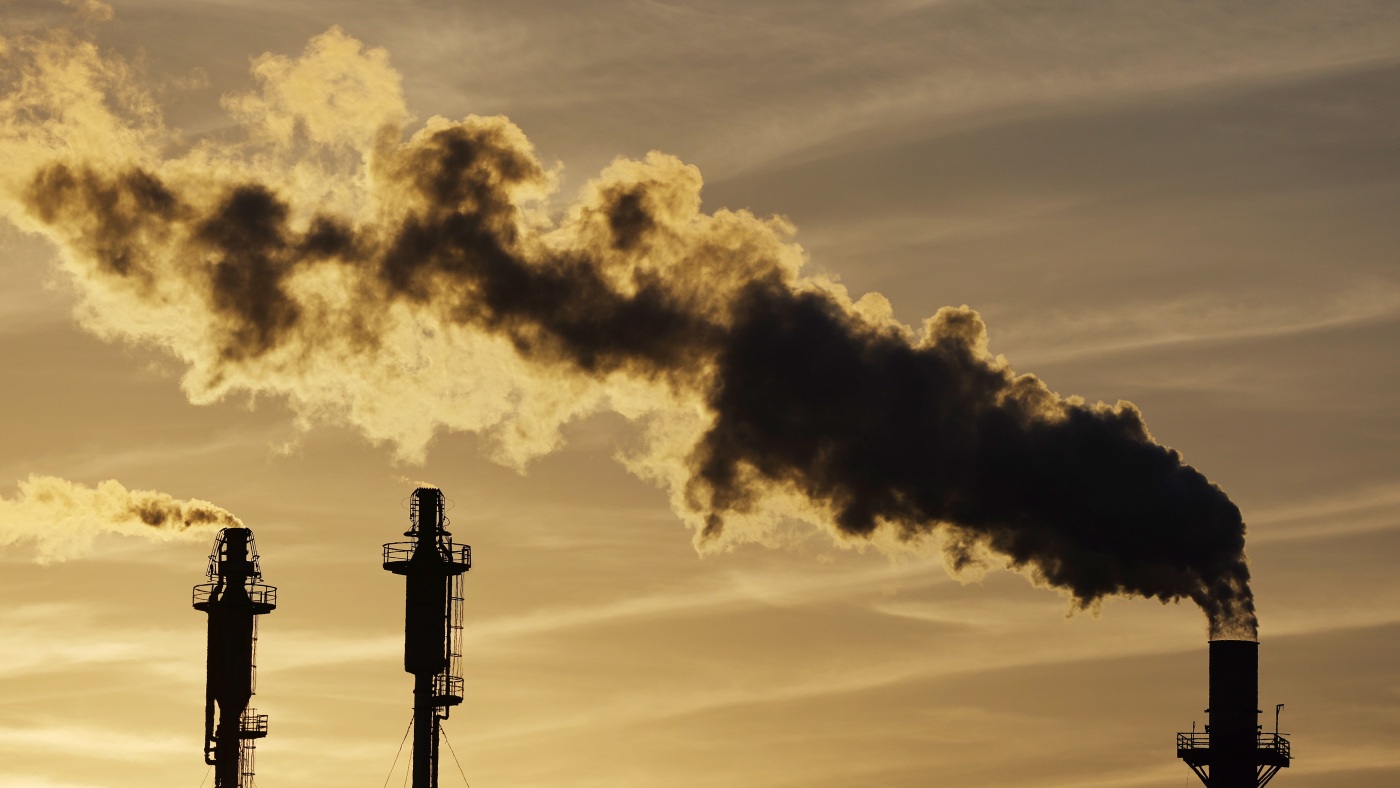The Emerging Legal Battle: Wrongful Death Suits Against Oil Companies Over Climate Change
Introduction
A wave of wrongful death lawsuits targeting major oil companies has recently surged into public attention. These suits allege that industry giants such as ExxonMobil, BP, and Chevron were aware for decades that burning fossil fuels causes climate change-related harms yet actively concealed or misrepresented these dangers. The implications of these legal actions, their foundation, and the broader context surrounding climate liability are reshaping how society views accountability in the environmental crisis.
The Core Allegations: Knowledge and Concealment
At the heart of these lawsuits is the claim that the named oil companies not only understood that fossil fuel combustion contributes significantly to global warming but also deliberately hid or downplayed these risks from the public and regulators. This accusation of deception is grounded in findings that for several decades, internal research within these corporations confirmed the damaging environmental effects their products would have on the planet’s climate systems.
Beyond mere knowledge, the allegations suggest that these companies engaged in deliberate misinformation campaigns to mislead consumers and policymakers, delaying meaningful action to curb greenhouse gas emissions. This purported strategy involved funding climate denial efforts, manipulating public discourse, and lobbying against environmental regulations, all designed to protect industry profits at the expense of public health and safety.
Scope and Impact of the Lawsuits
These wrongful death suits are part of a growing trend of climate litigation that seeks to hold fossil fuel companies financially responsible for the mounting costs and human toll wrought by global warming. Specifically, the recent lawsuits argue that the climate-related harms—such as increased frequency and intensity of extreme weather events including storms, floods, and heatwaves—have led directly to fatal consequences in affected communities.
The legal actions aim not only to seek damages for families who lost loved ones due to climate-exacerbated disasters but also to secure funds to help those same communities prepare for and adapt to ongoing climate risks. This marks a shift in litigation from traditional environmental harm claims to addressing immediate human health and safety impacts, emphasizing the direct link between corporate conduct, climate change, and mortality.
Legal and Societal Implications
These lawsuits challenge longstanding notions of corporate liability and open new frontiers for accountability in the climate crisis. If successful, they could set significant legal precedents by establishing a direct causal relationship between corporate misinformation, climate change exacerbation, and wrongful deaths. This move toward holding companies responsible for climate-induced harm reflects growing public and judicial recognition that climate change is not an abstract or distant issue but a pressing matter with concrete human costs.
Moreover, these cases have potential ripple effects on regulatory policy and corporate behavior. Financial penalties and reputational risks may incentivize fossil fuel companies to adopt greater transparency and sustainability commitments. They also demonstrate a broader societal shift where affected communities seek justice through legal means rather than waiting solely on political or market mechanisms.
Contextualizing Within Broader Climate Litigation Trends
The recent wrongful death suits fit within an expanding matrix of climate-related legal challenges worldwide, where plaintiffs ranging from cities to states and indigenous groups pursue redress for environmental damage. Unlike some prior lawsuits emphasizing property damage or economic losses, this new wave foregrounds mortality and public health, raising the stakes for legal accountability.
These developments reflect an evolving understanding of climate change as a multifaceted crisis requiring diverse legal strategies to address its pervasive impacts. They also highlight growing momentum for linking environmental justice with human rights, positioning climate accountability as integral to protecting fundamental social well-being.
Conclusion: A Defining Moment in Climate Accountability
The wrongful death lawsuits against major oil companies mark a pivotal chapter in the fight for climate justice. By bridging corporate actions with direct human harm, these cases expose the moral and legal vulnerabilities of industries historically shielded from responsibility. Regardless of the outcomes, they sharpen societal focus on the human consequences of climate inaction and push for greater transparency, accountability, and remediation.
As these proceedings unfold, they are likely to influence how climate risk and corporate accountability are perceived in law and public consciousness. This legal reckoning holds the potential to accelerate systemic change, emphasizing that addressing climate change is not just an environmental imperative but a profound ethical and human rights challenge demanding redress and reform.


